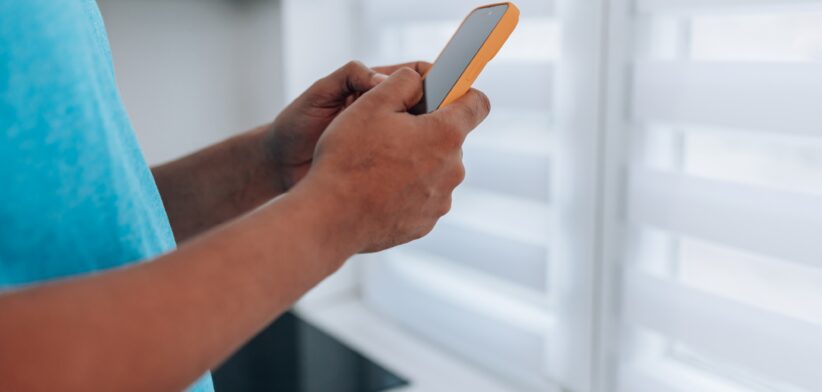A national crisis hotline dedicated to First Nations people has seen a sharp rise in racist-induced calls across its two years of operation.
13YARN, an Indigenous-led national crisis support service, was launched in March 2022 and this week registered its 50,000th call supporting Aboriginal and Torres Strait Islander community members.
National Program Manager Marjorie Anderson said service demand increased by nearly 50 percent over the first two years of operation, from around 17,000 calls in 2022 to 25,000 calls in 2023.
“In 2022, 16 percent of callers cited racism as the reason for their distress, rising to 19 percent in 2023. This statistic continues to rise, and currently sits at 26 percent in the calendar year to date,” Mrs Anderson said.
She said over the past two years, the demand for help was far beyond what they expected and continued to grow.
“We have seen 27 days with more than twice, and sometimes nearly three times the average number of calls from help seekers.
“Many of these peaks coincide with sorry business, deaths in community and challenging moments in community life.
“We also support people in distress around the New Year period, Survival Day and through political and news moments such as the Voice Referendum in which calls were up by 40 percent,” she said.
She said racist-related calls also spiked around certain events.
“Amid news reporting of the Productivity Commission’s Closing the Gap report we saw around 43 percent of calls related to racism, and again, the release of Closing the Gap data saw 47 percent of calls connected to racism.
“Unfortunately, one of the most significant drivers for people seeking help has been racism in the aftermath of the Referendum.”
She said Lifeline’s 13 11 14 crisis helpline referred around 60 percent of help seekers to other programs and services, bridging the gap between clinical and non-clinical support.
“In 13YARN’s case, there are not always equivalent culturally safe services to refer people on to, especially in remote locations.
“If we are to truly close the gap, more homegrown culturally safe services in regional and remote locations, designed and run by local Aboriginal people, are critically needed.”
Aboriginal or Torres Strait Islanders are available on 13YARN (13 92 76) 24 hours a day, 7 days a week.








